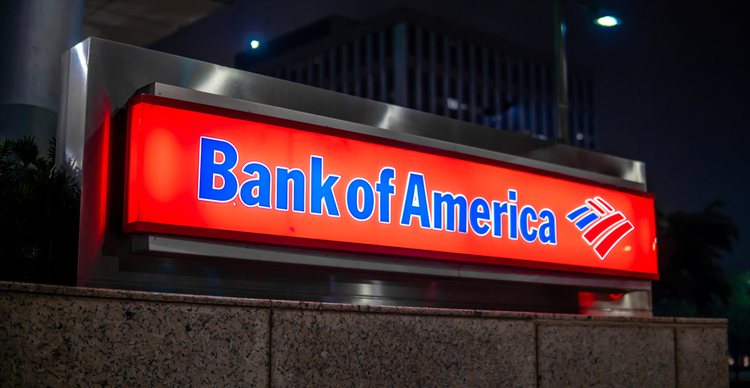Bitcoin is democratizing access to electronic payments, which could benefit 70 % of the Salvadoran adult population who are not bankrolled.
A report from the Bank of America (BofA) highlighted some of the potential benefits El Salvador could derive from the historic adoption of Bitcoin as legal tender by this Central American country. Released last week, the financial institution’s report highlights key areas where Bitcoin use could have a major impact.
According to BofA analysts, the recognition of BTC should streamline the country’s remittance industry, with this sector contributing nearly 25% of El Salvador’s GDP. Using Bitcoin will reduce the amount paid in transaction fees when using traditional channels.
In this case, Bitcoin becomes “an intermediary for cross-border transfer”, with Salvadorans saving even when they convert the BTC received into dollars. The idea is that such a growth in remittances and such a reduction in fees will significantly increase the disposable income of the population.
Another advantage lies in the financial freedom that is likely to be granted to the approximately 70% of the country’s population who are unbanked. Financial digitalization is considered a key advantage of cryptocurrencies, which, according to the report, is a plus for those who cannot open bank accounts.
The adoption of Bitcoin also offers the population a greater choice of consumption, adds the bank. “We do not agree with the idea that it is coercive that companies are legally required to accept Bitcoin as a means of payment,” the bank writes, adding that companies and consumers will have the freedom to choose cryptocurrency or use dollars directly from their ” Chivo “wallet.
Bank of America also believes that El Salvador has everything to gain from becoming a Bitcoin hub. Analysts point out that this will be especially the case when it begins to attract foreign direct investment for developments related to Bitcoin mining.
The report is surprising given the attack ” frigid “from BofA on BTC in its March report which noted that Bitcoin had” naughty little secrets ” and was only good for speculative trading. It also follows recent criticism from the IMF and the UN Economic Commission for Latin America and the Caribbean.






